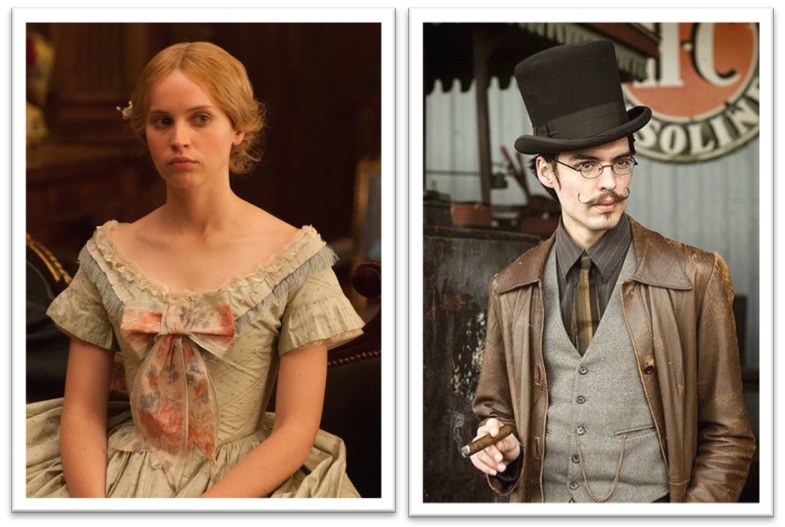The Churchill Casebook of Curiosities
Book One: A Dialogue with Death
Interlude: The Ballad of Betty Bainbridge and Connor Greystoke
An unbecoming level of understatementThis article first appeared in the Illustrated London News column ‘Echoes of the Week’, written by George Augustus Sala, in February 1879 under the title ‘Colonial Calamity for Newly Weds’.
This tawdry pamphlet was found secreted discreetly beside the privy in the Abernathy River House.
Betty Bainbridge, youngest of Sir Walter Bainbridge’s three daughters, was a pretty girl, if not perhaps the most perceptive. One area in which it was oft remarked that her perceptions particularly let her down was with regard to her own perceptiveness. She saw in herself a brightness that was not easily discernible by those with whom she sought to keep company.
As a young girl approaching her thirteenth birthday, Betty had accompanied her father to the Cape Colony where he had, and still has, substantial mining interests. This was an adventure of no more than six months duration but which, none the less had a lasting and profound impact on the impressionable girl. To converse with her even years later you would be forgiven for forming the opinion that she had been born and raised in the shadow of Table Mountain.
One individual who indeed did spend some little time in conversation with Miss Bainbridge was young Connor Greystoke. Like Betty, Connor was the youngest child of a gentleman well regarded for his industry. Those familiar with the Birmingham and Carnarvon railway, will no doubt also be familiar with the name Sir Tristan Greystoke. Like unto Betty also, was Connor’s preeminent self-regard and monomania. To describe Connor as an enthusiast of railway engineering would be to indulge in an unbecoming level of understatement.
Perhaps it was this mutual solipsism that allowed the two to relate so well without fostering the weary tedium that was so readily engendered in others in their circle. So it was that on a particularly fine Summer’s day in June of 1877, Connor and Betty joined some mutual friends on a fateful picnic atop the scenic prominence overlooking Cheddar Gorge. What happened that day is a tale best left for another time, but suffice it to say that the emotional turmoil experienced by the two young people on that Somerset hillside, cemented a love between them that saw them married within the year.
In September of 1878 Conner and Betty departed for the Cape Colony. The union it seems was a fortuitous one for all; Sir Walter had recently procured certain concessions to pursue mining operations in the northern Natal region and a railway, it was decided, would be required, Connor, it was decided, would be the man to build it. As fate would have it, neither Connor nor Betty were to see this great endeavour completed.
The heroic efforts of the brave men of the Royal Engineers and 24th Foot Regiment in their defence of Rorke’s Drift Station this past January, have been widely reported. What has been less well promulgated is the tragedy that despite the gallant defence, four civilians were none the less slain by the marauding Zulus. In a cruel twist of fate Conner and Betty had travelled to the station seeking to procure supplies, arriving only hours before the Zulu army. Unable to escape the native forces which subsequently assembled, Connor and Betty threw themselves whole heartedly into the defensive preparations. For these two innocents however, it was to be in vain. Betty, bravely tending to the many wounded, perished when the hospital building was set alight by the natives. It is said that for those survivors who heard them, Betty’s screams, of all the horrors encountered that day, are the one thing that still haunts their dreams. Connor, for his part, was fatally wounded while bravely defending the southern wall. A spear, thrown by a particularly mighty Zulu warrior, pierced his abdomen, the point passing clear through his back and into a timber post behind, thus pinning him in place. Unable to move, Connor could do little to defend himself as the natives overwhelmed the barricade. Even so, witnesses attest that he cut down two of the invaders with his sword before a third, the same that threw the spear, slashed at him with a cruel knife. Although, in the aftermath, the army medic did what he could for Connor, he would later explain that once the intestine has been in contact with the ground, there is little that can be done, even if it were possible to get it all back in its correct place.

Betty Bainbridge and Connor Greystoke